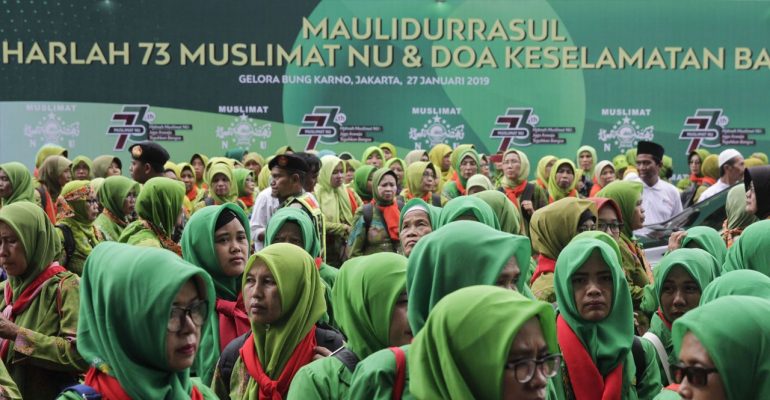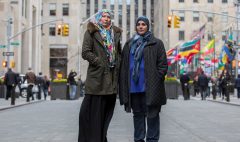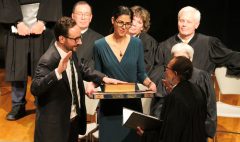How the world’s biggest Islamic organization drives religious reform in Indonesia – and seeks to influence the Muslim world
September 27, 2021 2023-06-03 21:12How the world’s biggest Islamic organization drives religious reform in Indonesia – and seeks to influence the Muslim world

How the world’s biggest Islamic organization drives religious reform in Indonesia – and seeks to influence the Muslim world
Nahdlatul Ulama is the world’s biggest Islamic organization, initiating a reform movement, which it is calling ‘Humanitarian Islam.’
Nahdlatul Ulama, or NU, was founded in 1926 in reaction to the Saudi conquest of Mecca and Medina with their rigid understanding of Islam. It follows mainstream Sunni Islam, while embracing Islamic spirituality and accepting Indonesia’s cultural traditions. Functioning in Indonesia, the country with the largest Muslim population, Nahdlatul Ulama is the world’s biggest Islamic organization with about 90 million members and followers. In terms of membership, the organization hugely outstrips that of the Taliban – yet this face of Islam has not been sufficiently recognized on the international stage.
In 2014, NU responded to the rise of the Islamic State group and its radical ideology by initiating an Islamic reform. Since then, it has elaborated on this reform that it calls “Humanitarian Islam.”
During the past seven years, NU’s general secretary, Yahya Cholil Staquf, has organized several meetings of the organization’s Islamic scholars with a reformist agenda. They made public declarations for reforming Islamic thought on controversial issues, including political leadership, equal citizenship and relations with non-Muslims.
The Nahdlatul Ulama declarations include crucial decisions that differentiate “Humanitarian Islam” from other interpretations. First of all, they reject the notion of a global caliphate, or a political leadership that would unite all Muslims. The concept of a caliphate has been accepted by both mainstream Islamic scholars, such as those in Al-Azhar – Egypt’s world-renowned Islamic institution – and radical groups, such as the Islamic State group and al-Qaeda.
Moreover, the NU declarations emphasize the legitimacy of modern states’ constitutional and legal systems, and thus reject the idea that it is a religious obligation to establish a state based on Islamic law.
Nahdlatul Ulama has taken practical steps for realizing these aims. For example, it has established a working relationship with the World Evangelical Alliance, which claims to represent 600 million Protestants, to promote intercultural solidarity and respect.
These NU declarations may sound insufficient from a Western liberal point of view, since they do not touch upon some issues such as LGBTQ rights. To better understand the importance of NU’s perspective and its limits requires an examination of the Indonesian context.
Source: Religion News








